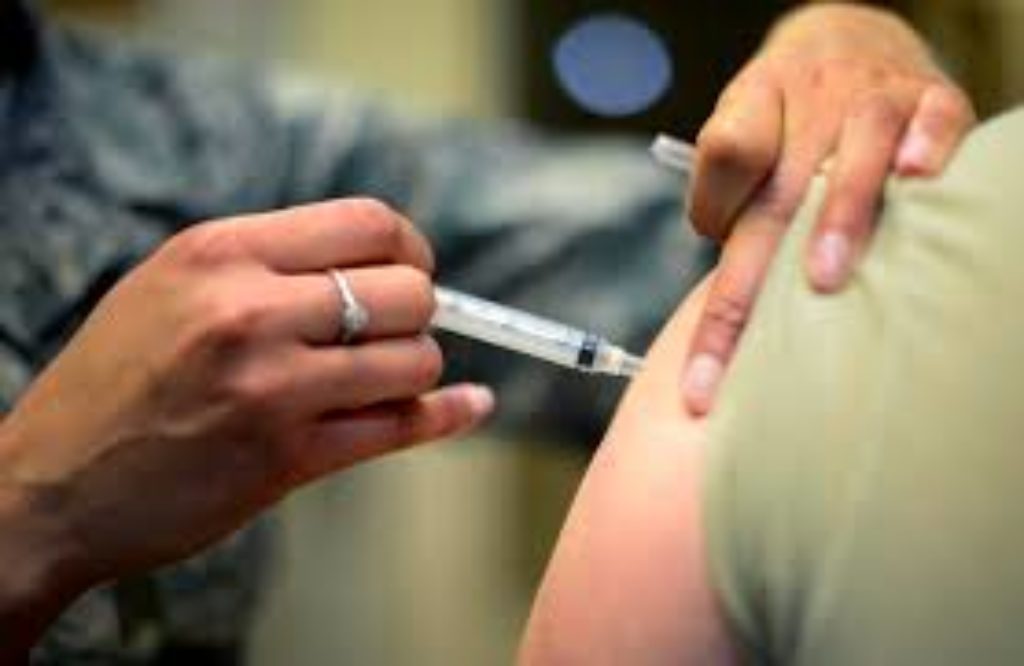The epidemic of denial about sexual abuse in the evangelical church.
Rachael Denhollander’s college-aged abuser began grooming her when she was 7. Each week, as Denhollander left Sunday school at Westwood Baptist Church in Kalamazoo, Mich., he was there to walk her to her parents’ Bible-study classroom on the other side of the building. He brought Denhollander gifts and asked her parents for her clothing size so he could buy her dresses. He was always a little too eager with a hug. The Denhollanders led one of the church’s ministries out of their home, which meant the man would visit their house regularly, often encouraging Rachael to sit on his lap, they recalled.
The man’s behavior caught the attention of a fellow congregant, who informed Sandy Burdick, a licensed counselor who led the church’s sexual-abuse support group. Burdick says she warned Denhollander’s parents that the man was showing classic signs of grooming behavior. They were worried, but they also feared misreading the situation and falsely accusing an innocent student, according to Camille Moxon, Denhollander’s mom. So they turned to their closest friends, their Bible-study group, for support.
The overwhelming response was: You’re overreacting. One family even told them that their kids could no longer play together, because they didn’t want to be accused next, Moxon says. Hearing this, Denhollander’s parents decided that, unless the college student committed an aggressive, sexual act, there was nothing they could do.
No one knew that, months earlier, he already had.
One night, while sitting in the family’s living room, surrounded by people, the college student masturbated while Denhollander sat on his lap, she recalls. It wasn’t until two years later that she was able to articulate to her parents what had happened. By that point, the student had left the church. Moxon was furious that her church community hadn’t listened. But she never told anyone what had happened to Rachael. “We had already tried once and weren’t believed,” Moxon says. “What was the point?”
Today, Denhollander can see how her church, which has since shut down, failed to protect her. But as a child, all she knew from her parents was that her abuse had made their church mad and that she wasn’t able to play with some of her friends. She blamed herself — and resolved that, if anyone else ever abused her, she wouldn’t mention it.
And so when Larry Nassar used his prestige as a doctor for the USA Gymnastics program to sexually assault Denhollander, she held to her vow. She wouldn’t put her family through something like that again. Her church had made it clear: No one believes victims.
Read the full story at The Washington Post



